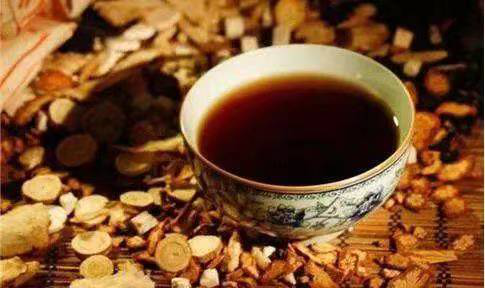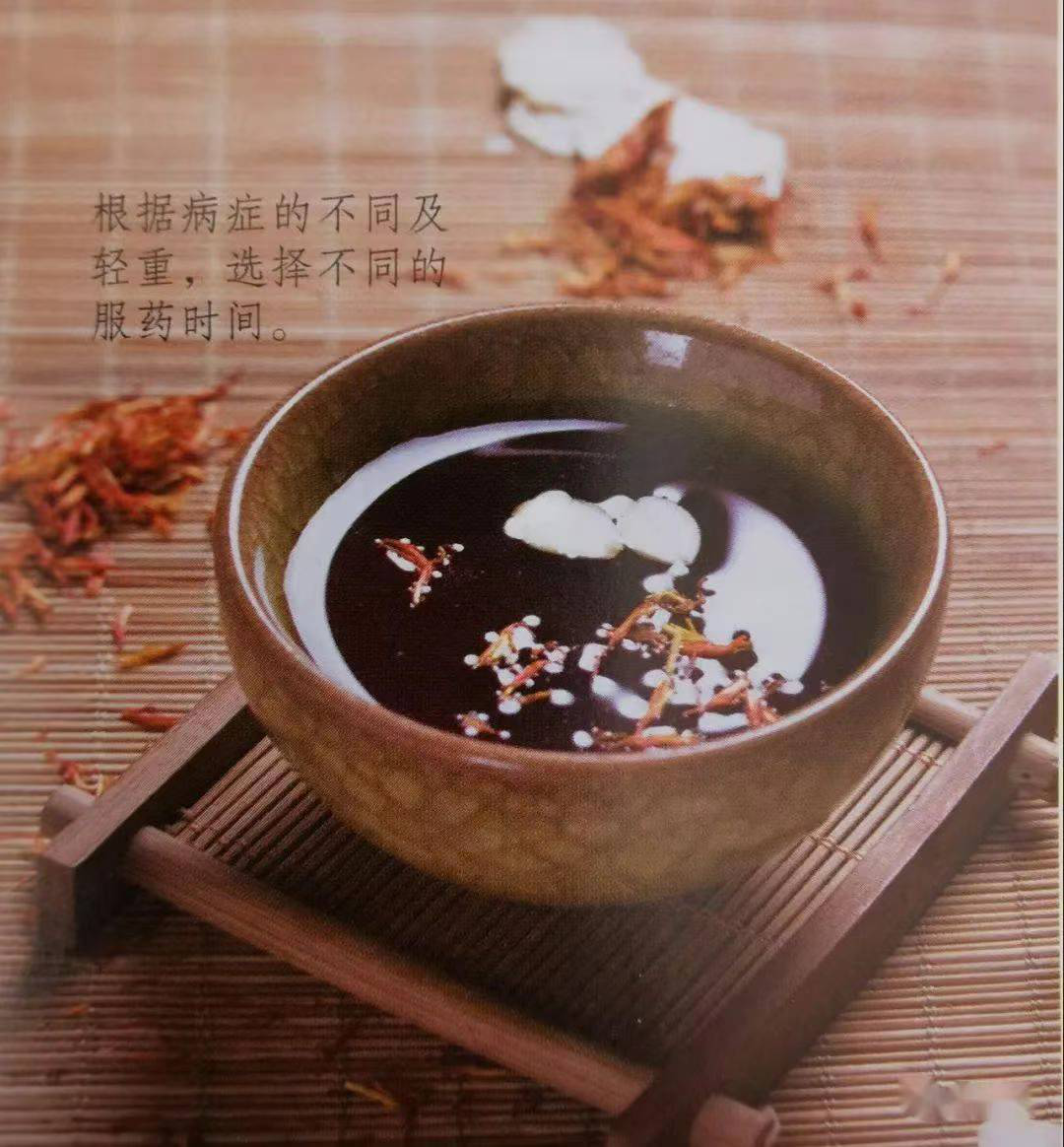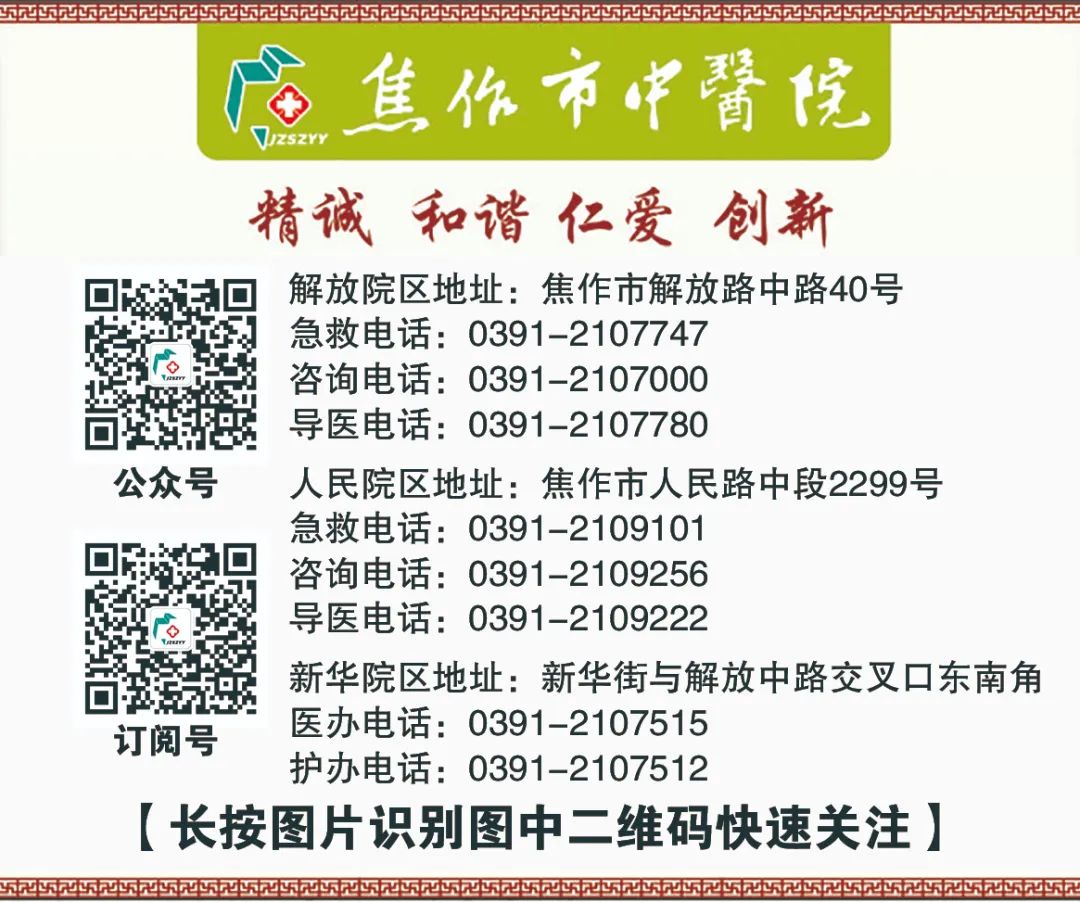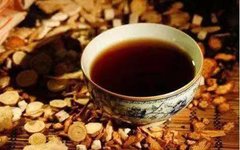Follow us!

The effectiveness of taking Traditional Chinese Medicine (TCM) decoctions depends not only on whether the prescription is appropriate for the condition but also on the correct method of preparation and the timing of administration. Different methods and timings can lead to significant differences in the efficacy of the medicine, so it is essential to choose the appropriate method and timing to achieve the best therapeutic effects of TCM.

1. Temperature of Administration
According to the condition, TCM decoctions can be taken warm, cold, or hot.
1. Warm Administration:Taking the decoction after it has cooled slightly, or using warm water, warm wine, or medicinal juice to take the TCM is referred to as warm administration. Generally, TCM is mostly taken warm. Warm administration can protect the yang energy of the spleen and stomach and reduce adverse reactions from certain medicines. If the decoction has cooled, it should be reheated to boiling before being allowed to cool slightly for consumption; it should not be taken just when it is warm.
2. Hot Administration:Taking the decoction while it is still hot or using slightly hot water to take the TCM is referred to as hot administration. Generally, medicines that regulate qi, invigorate blood, resolve stasis, release the exterior, and tonify should be taken hot to enhance clinical efficacy.
3. Cold Administration:Taking the decoction after it has cooled or using cool boiled water to take the TCM is referred to as cold administration. Generally, medicines that stop bleeding, astringe, clear heat, detoxify, and dispel summer heat should be taken cold.
2. Dosage of Administration
Generally, TCM decoctions are taken once daily, divided into 2-3 doses, with each dose being 100-200ml, and intervals of 4-6 hours are advisable; for children, the frequency can be increased appropriately; for those with mild conditions, it can be taken once in the morning and evening; for those with urgent conditions, it can be taken every 4 hours to maintain the medicinal effect and help alleviate the condition.
3. Method of Administration
TCM decoctions are generally taken once a day, with one prescription being decocted two or three times, combining the liquid obtained each time and taking it warm in 2-3 doses. However, for acute and severe conditions, it can be taken all at once (bolus) to concentrate the medicinal effect; for patients with vomiting, small amounts can be taken multiple times; for those with sore throats, it can be taken frequently; for sweating, purging, or inducing vomiting, the dosage does not need to be strict, stopping when the condition improves. When using potent or toxic medicines, start with a small dose and gradually increase it, stopping when the desired effect is achieved to avoid overdose and potential toxicity or harm to the body’s vital energy. For those who experience nausea or vomiting after taking the decoction, a small amount of ginger juice can be added to the liquid, or fresh ginger can be rubbed on the tongue, or a small amount of dried tangerine peel can be chewed before taking the decoction, or cold administration can be used with small, frequent doses. For comatose patients or those with swallowing difficulties, medication can also be administered via nasogastric tube.
4. Timing of Administration

The timing of administration should align with the internal rhythms of the human body.It should be chosen based on different treatment purposes, the effects of the medicine, and the seasonal characteristics of the organs to enhance the therapeutic effects of the medicine.
Medicines that tonify yang and disperse should generally be taken when yang is abundant and qi is rising; medicines that tonify yin and descend should generally be taken when yin is abundant and qi is descending. Based on this principle, traditional administration times can be divided into two time zones. From early morning to before noon, when yang is abundant and qi is rising, medicines that tonify yang, benefit qi, warm the middle, disperse cold, invigorate blood, and reduce swelling should be taken; from afternoon to before midnight, when qi is descending and yin is abundant, medicines that nourish yin, tonify blood, astringe, calm the spirit, settle fright, and clear heat and detoxify should be taken. The key points of TCM administration timing are as follows:
1. Anthelmintic, purgative, and drastic water-dispelling medicines should be taken on an empty stomach in the morning.
2. Digestive medicines and those that irritate the stomach should be taken after meals.
3. Tonifying medicines, digestive aids, and acid-reducing medicines should be taken before meals.
4. Calming medicines and those that promote bowel movements should be taken before sleep.
5. Asthma-relieving and anti-malarial medicines should be taken 2 hours before an attack.
6. Sublingual medicines should be taken frequently without strict timing.
7. Antidiarrheal medicines should be given promptly and taken on time, stopping when diarrhea ceases.
8. Astringent medicines for seminal emission should be taken once in the morning and once in the evening.
9. Regulating menstruation medicines should be taken according to the syndrome, with different medicines taken before and during menstruation. Generally, before menstruation, liver-regulating and qi-invigorating medicines should be taken, and during menstruation, qi-invigorating and blood-invigorating medicines should be taken to relieve pain.
10. For acute diseases, febrile diseases, and children, medicines should be given promptly and frequently, possibly every 2 hours, and frequent administration methods may be used to maintain the medicinal effect.
5. General Dietary Prohibitions:
1. Avoid strong tea— because tea contains tannins, and strong tea contains more tannins, which can affect the absorption of certain components of TCM when taken together, reducing efficacy.
2. Avoid radishes— raw radishes should not be eaten when taking TCM (except when taking qi-regulating and phlegm-resolving medicines), as radishes have digestive and qi-breaking effects, especially when taking tonifying TCM like ginseng and astragalus.
3. Avoid raw and cold foods— raw and cold foods are often difficult to digest and can irritate the gastrointestinal tract, affecting the absorption of medicines.
4. Avoid spicy foods— when taking heat-clearing, toxin-expelling, yin-nourishing, and blood-cooling TCM or during the treatment of heat-related diseases like abscesses, spicy foods must be avoided. Foods like scallions, garlic, pepper, lamb, and dog meat are considered spicy and warming; consuming them can counteract the effects of TCM and may even provoke inflammation, harming yin and causing bleeding.
5. Avoid greasy foods— greasy foods tend to promote dampness and phlegm, causing gastrointestinal stagnation and are difficult to digest and absorb. Moreover, greasy foods can further hinder the absorption of the effective components of medicines, thus reducing efficacy. Therefore, patients with heavy phlegm-dampness, weak spleen and stomach, indigestion, hypertension, coronary heart disease, hyperlipidemia, and obesity should avoid animal fats and other greasy foods.
Editor-in-Chief: Wang Ying
Editor: Tian Jiao Jun
Contributed by: Li Su Chun


